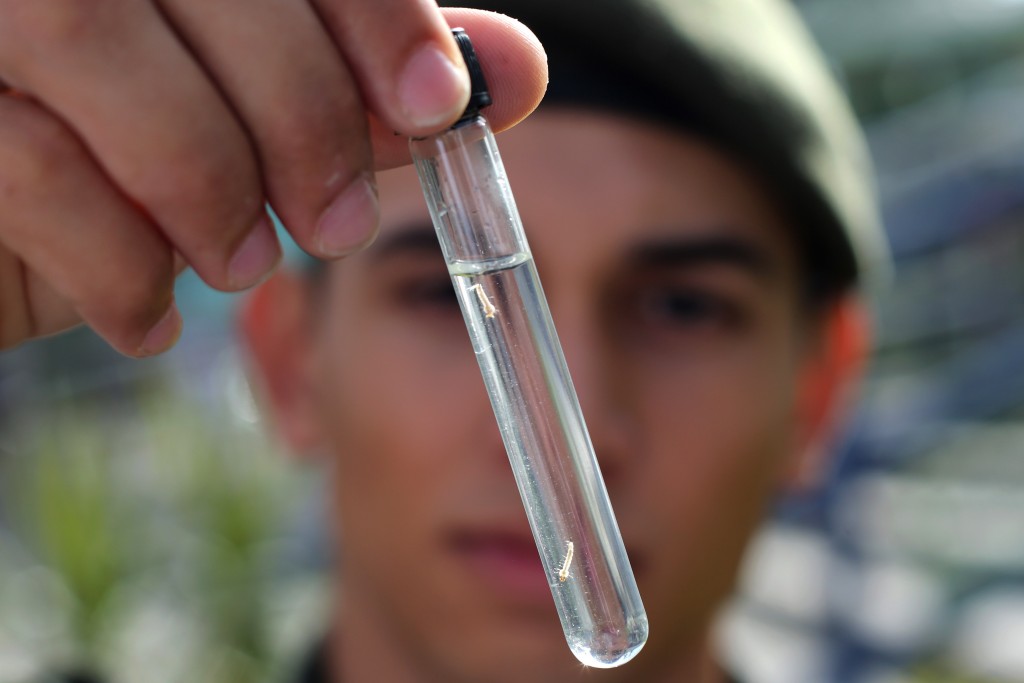
The head of the World Health Organization’s Zika response team is predicting that Brazil will host a “fantastic Olympics” and that the mosquito-borne virus will be “way down” by the time the Summer Games begin in Rio de Janeiro on Aug. 5.
Dr. Bruce Aylward, WHO’s executive director for outbreaks and health emergencies, said Friday at a news conference that the mosquito population is expected to drop off around when Rio hosts the games, since it will be winter in the southern hemisphere.
Rio’s Olympic venues are also in a relatively confined area, he noted, making it easier for authorities to control the local mosquito population.
“Brazil is going to have a fantastic Olympics and it’s going to be a successful Olympics and the world is going to go there,” Aylward said. “I just wish I was going there, but there’s not going to be a lot of problems there by then, so I’ll be somewhere else.”
Aylward also pointed to the “probability” that the Zika virus will have “gone through” a large slice of the country’s population by then, so many Brazilians might have developed an immunity to the disease by the time of the Aug.5-21 games.
Zika, however, is just the latest cloud hanging over Brazil ahead of South America’s first Olympics. The country is coping with its worst recession in 100 years, impeachment proceedings against President Dilma Rousseff and a wide-ranging corruption scandal centered on the state-controlled oil-and-gas giant Petrobras.
Brazil has recorded more than 1 million suspected Zika infections in recent months amid strong concerns that the virus could be linked to a spike in the number of babies born with abnormally small heads — microcephaly — and to a rare neurological syndrome that can cause temporary paralysis in people of all ages.
In Brazil on Friday, ministers, state governors, health authorities and members of the armed forces visited schools throughout the country to involve students in the nationwide campaign to eradicate the Aedes aegypti mosquito that spreads the Zika virus.
WHO has declared a global health emergency due to the virus, saying it could produce as many as 4 million cases in the next year. The mosquitoes that spread Zika — which also spread dengue and yellow fever — are entrenched across the region and in a wide belt around the globe, mostly in tropical areas.
Zika has spread to 36 countries, mostly in Latin America, and Aylward pointed to the “the explosive spread we’ve seen over the last 24 months.” He said the “overall goal” was to reduce the mosquito population.
There is no licensed treatment or vaccine for Zika. WHO and U.S. health authorities have recommended that pregnant women postpone traveling to infected areas and their partners use condoms or abstain from sex if they live in or have visited Zika-affected areas.




